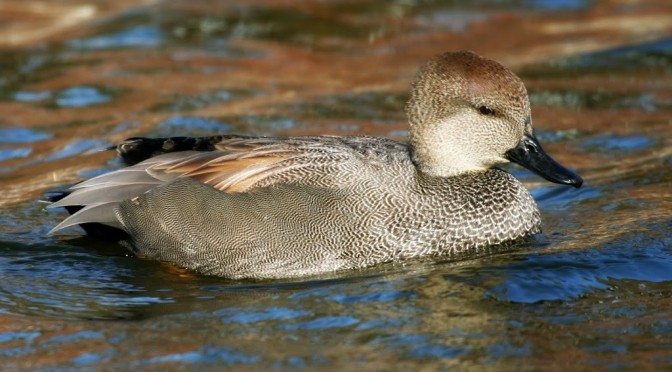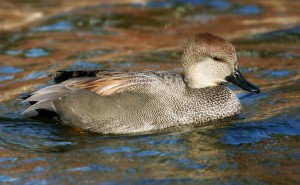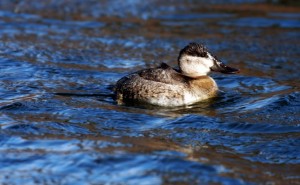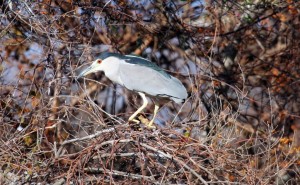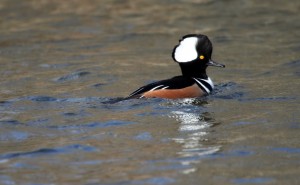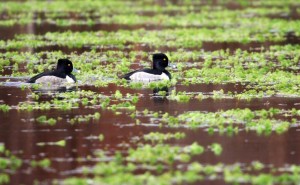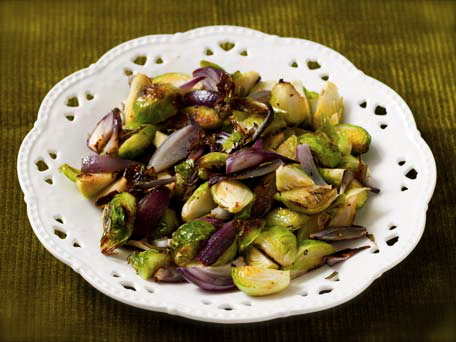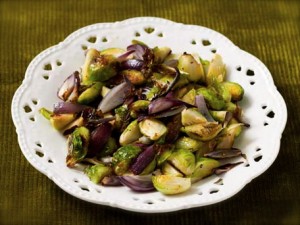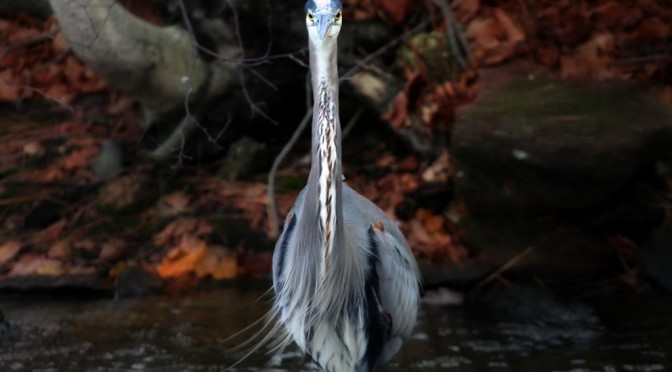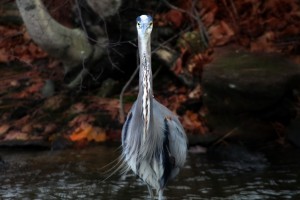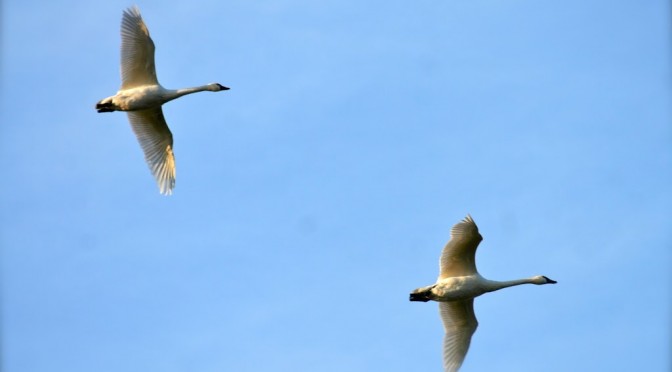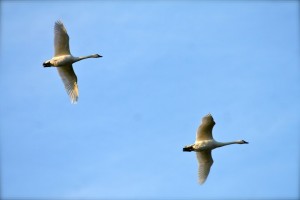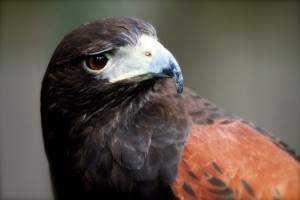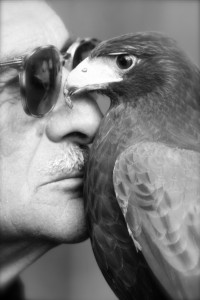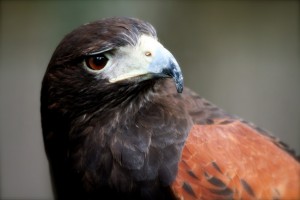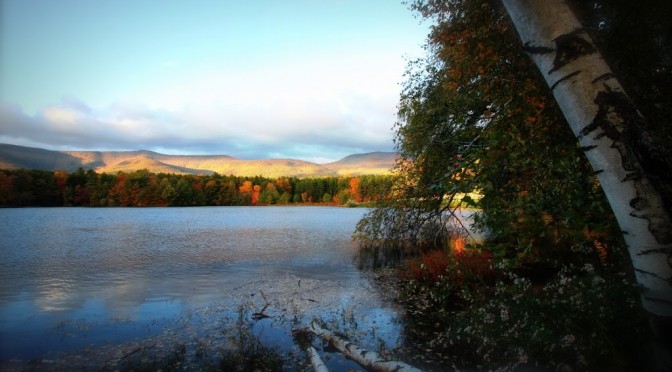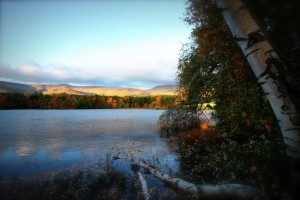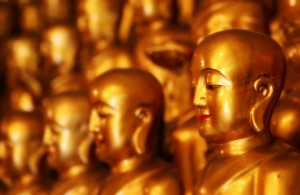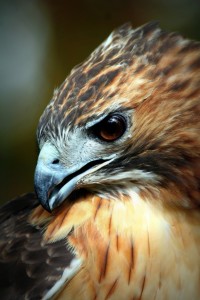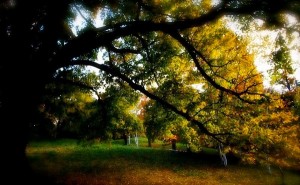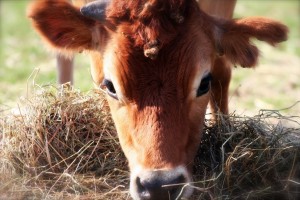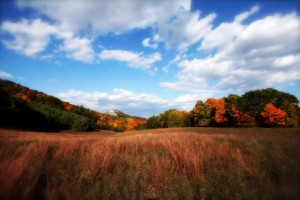I’m lucky to live along the coast and in a place where ducks like to be in winter; each town has its’ own little pond just a block in from the ocean and each seems to attract a particular variety of waterfowl…
Traveling from one pond to the next is half the fun; discovering what has shown up since last weekend is the best part. Gadwall are a nice find and under-appreciated, I think… that speckled zig-zaggeyness of their bellies is gorgeous, no?
I have trouble remembering the names of each pond or distinguishing one from the next along the circuitous route I follow by habit from town to town; I know to expect Ruddy Ducks here, but
I think of this as the Night Heron Pond (Silver Lake, I think) because there’s always at least a dozen of them roosting in the shrubbery on a little island in the middle of the pond. I can sit down out of the wind and watch them materialize before my eyes. We counted 14 today without really trying and that number will increase as it gets colder.
Hooded Mergansers seem to be everywhere, on every little pond, but getting a decent pic of one is forever challenging.
Lake Takanassee is a favored spot for Ring-Necked Duck (not here last weekend!) Canvasbacks and in a good year, Red Heads. There’s always gulls to sort through, if you’re so inclined (I’m not) and the light in late afternoon is sweet for photos of the Mute Swans that seem to be taking over there.
(ick.)
The day ends at Sandy Hook with the wind, watching Gannets feeding over the hunched-up shoulders of some very cold-looking fishermen, Manhattan in the distance and kite surfers on the bay.
